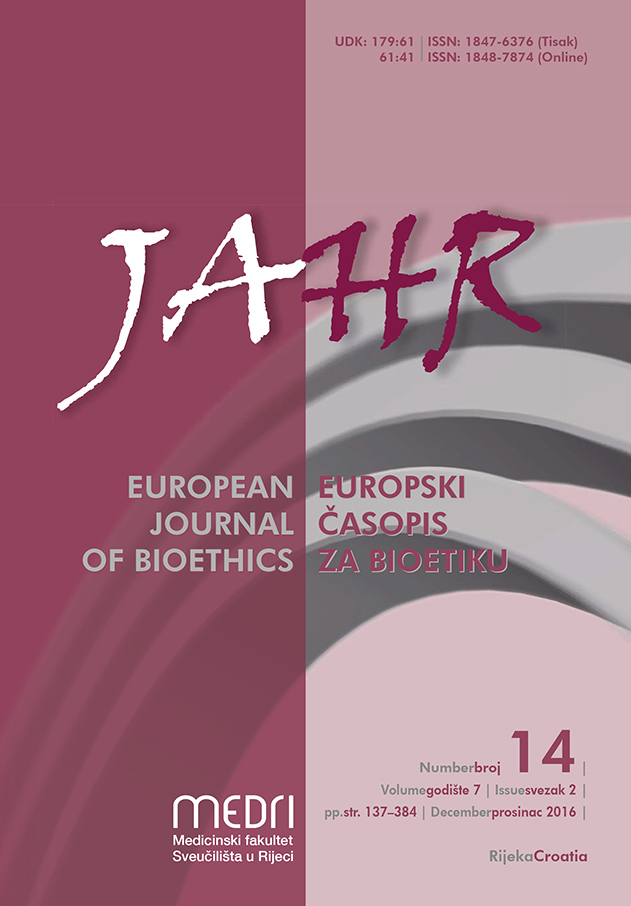New Reachable Horizons in the Fritz Jahr's Bioethical Imperative
Keywords:
: Rev. Fritz Jahr, ‘bioethics’ 1926, ‘biotechnology’ 1917, scientism, eroticism, Steinach’s gonad transplant, Liberal Theology, F.D.E. Schleiermacher, Jean Harlow, sex revolution, moral crisis, sex ethics, syphilis, millennials.Abstract
The present paper traces the scientific and Christian theological climate that led to the coining
of the new word “ bioethics ” by the German Christian pastor Rev. Fritz Jahr in 1926. Miller
and Professor Hans-Martin Sass’s English translation of Rev. Jahr’s works were used. There
are a total of 22 Rev. Jahr’s thought-provoking original articles which were grouped into
four major categories: (i) Ethics and Bioethics (ii) Radical Christian Theology and Bioethical
Imperatives (iii) Sexual Ethics and (iv) Philosophy of Life and Death.
Coining of the word “biotechnology” in 1917 precedes the word bioethics by ten years. The
paper details significant advancement in science as well as the rise of moral issues. Significantly,
within a short span of 10 years the influence of the power of science was such that the moral
-width of Rev. Jahr’s society began to shrink to that extent that it disturbed him to coin a
new word “Bioethics” to counter-balance the fast moral degradation. Rev. Jahr identified
three contributing factors for moral defacement. Steinach’s gonad transplant experiments and
Theologian F.D.E. Schleiermacher’s radical views of Christianity may have caused the moral
crisis in his society resulting in the prevalence of syphilis. Jahr’s threefold bioethical imperative
model of – Life, value and education – has been considered. A new educational policy of Life
Oriented Value Education (love) has been suggested so as to revive social and moral values
Downloads
Published
Issue
Section
License
Authors who publish with this journal agree to the following terms:
- Authors retain copyright and grant the journal right of first publication with the work simultaneously licensed under a Creative Commons Attribution License that allows others to share the work with an acknowledgement of the work's authorship and initial publication in this journal.
- Authors are able to enter into separate, additional contractual arrangements for the non-exclusive distribution of the journal's published version of the work (e.g., post it to an institutional repository or publish it in a book), with an acknowledgement of its initial publication in this journal.
- Authors are permitted and encouraged to post their work online (e.g., in institutional repositories or on their website) prior to and during the submission process, as it can lead to productive exchanges, as well as earlier and greater citation of published work (See The Effect of Open Access).



